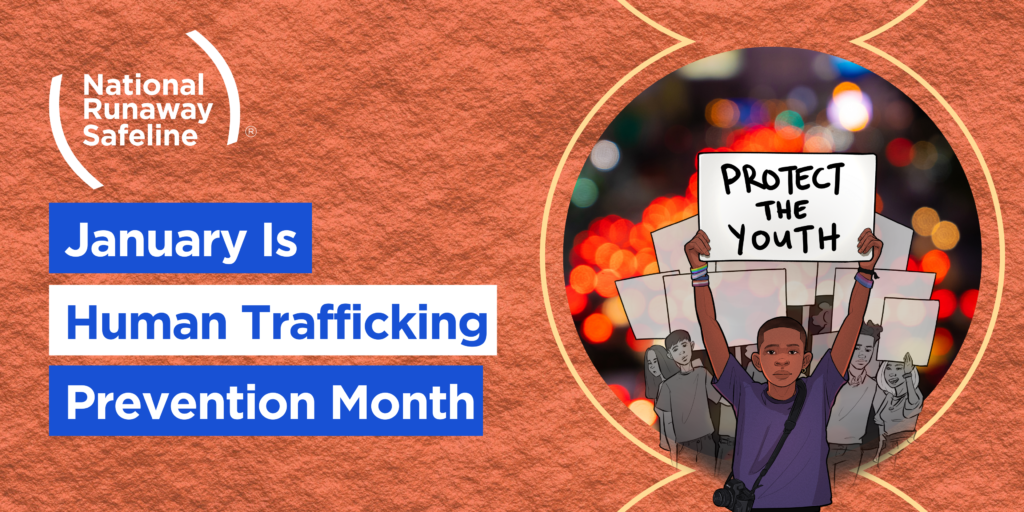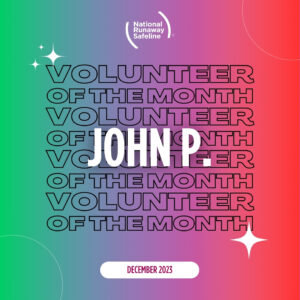
January is National Human Trafficking Prevention Month
U.S. law defines human trafficking as the use of force, fraud, or coercion to compel a person into commercial sex acts or labor or services against his or her will. Further, the National Human Trafficking Hotline describes human trafficking as, “the business of stealing freedom for profit.”
During the month of January, the National Runaway Safeline (NRS) is supporting National Human Trafficking Prevention Month by educating individuals about human trafficking and how to protect both youth and adults from this dangerous industry, which can significantly impact victims emotionally, psychologically and physically.
The human trafficking crisis is widespread. In fact, the U.S. State Department estimates there are 24.9 million victims worldwide at any given time. Human trafficking can happen to anyone, but several factors can make some people more vulnerable than others, including race, gender, age, sexuality, and immigration or economic status. Runaway youth or those with housing instability are among the most vulnerable to human trafficking, along with migrant workers, people identifying as LGBTQIA2S+, and sex workers.
The most common myth about human trafficking is that it often involves kidnapping or physically forcing someone into a situation. The National Human Trafficking Hotline explains that, in reality, most perpetrators use psychological – not physical – coercion, such as defrauding, manipulating or threatening victims into providing commercial sex or exploitative labor. This approach can leave people unable to see themselves as victims, and thus unable to get out from under someone else’s control. Additionally, some individuals may fear escaping or reporting their situation would jeopardize their safety, while others may be financially or emotionally dependent on their traffickers, making it difficult to leave.
Signs of a potential trafficking situation may be very subtle and easy to miss. We encourage you to pay attention to people you know or interact with, and take note of unusual behavior, such as someone appearing disconnected, no longer attending school, or always in the company of someone to whom he or she defers. Reporting suspicious behavior to federal law enforcement may help improve a victim’s life and penalize a perpetrator.
It is important to know the signs of trafficking for our own personal safety. According to the Human Trafficking Institute, self-reporting by a victim was the most common method of reporting a case in 2020. Moreover, according to the National Runaway Safeline 2020 Crisis Services & Prevention Report, more than 100 people who contacted NRS for support were victims of exploitation. Calls and other outreach to resources like NRS aid in case referrals, which ultimately increase the potential for legal prosecution of traffickers. We encourage victims to reach out for help, whether to NRS or other resources, as self-reporting shows to be the most effective step in putting an end to these dangerous and exploitative situations.
As always, NRS is keenly attentive to stories of trafficking, as reported through our crisis center. By knowing the potential signs, we strive to prevent further trafficking cases within our control and work to assist those in compromising, dangerous situations. We hope by spreading awareness we can influence others to support survivors and help end trafficking.
For more information about human trafficking, visit PolarisProject.org.

